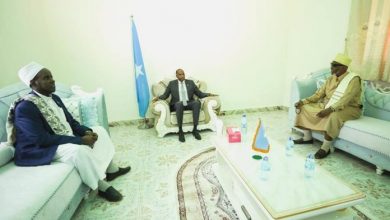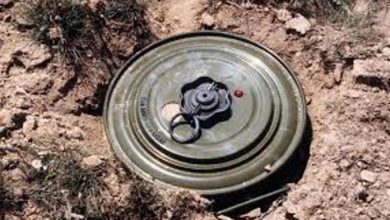How Al-Shabaab Funds Terror with Far-Reaching System of Tax Collection
How Al-Shabaab Funds Terror with Far-Reaching System of Tax Collection
The Somali terror group Al-Shabaab is using an entrenched system of taxation to fund their activities by collecting money and commodities even in areas not under their control.
A new report from the Hiraal Institute in Mogadishu stressed that as ISIS grows in Somalia they’re competing for tax collections with Al-Shabaab, which remains the biggest collector.
Al-Shabaab collects non-monetary taxes, such as livestock, through its Zakawaat Office and cash through its Finance Office. The first leader of the Zakawaat office was fired for giving collected commodities to the poor. The Finance Office was built “from a ragtag, informal, highly inefficient office to become the most ruthless collection entity in Somalia.”
“AS is financially self-sufficient; however, its expenses are ballooned by recurring payments to hundreds of officials and local influencers, many nominally in charge of areas not controlled by the group. The group has however managed to raise emergency funds to keep itself afloat, and has never failed to pay its fighters and administrators,” the report states.
Collection season for the terror group is traditionally the Islamic holy month of Ramadan, with the starting Zakawaat rate one out of every 25 camels or 40 goats. “Collection is done uniformly across all the regions in south and central Somalia, including in the districts that AS does not control. Collectors issue receipts to pastoralists; those who lose their receipts are made to pay the taxes again in the next year.”
The livestock that the terror group seizes from farmers is then auctioned for a bit of a bargain to businessmen who are linked to Al-Shabaab.
Monetary taxes collected by the Finance Office are 2.5 percent based on Al-Shabaab’s assessment of a business’ value before profits. The report notes that this actually goes against Islamic law, which sets taxes as a percentage of net profits at the end of the year. “This has led some of the more idealistic AS members to demand that their salaries be paid from the Zakah and not by taxes collected by the Finance Office,” says the study.
For the latest news update please visit Saafifilms.com For more entertainment visit Saafistudio.com





